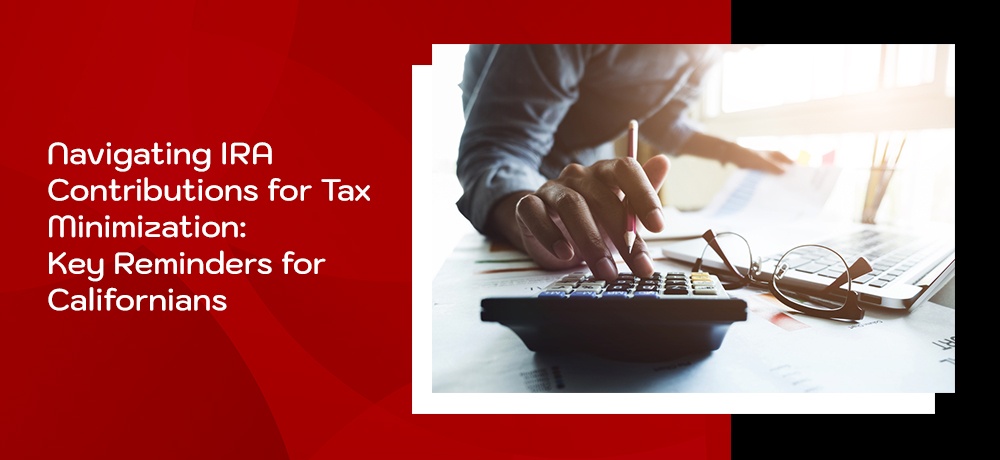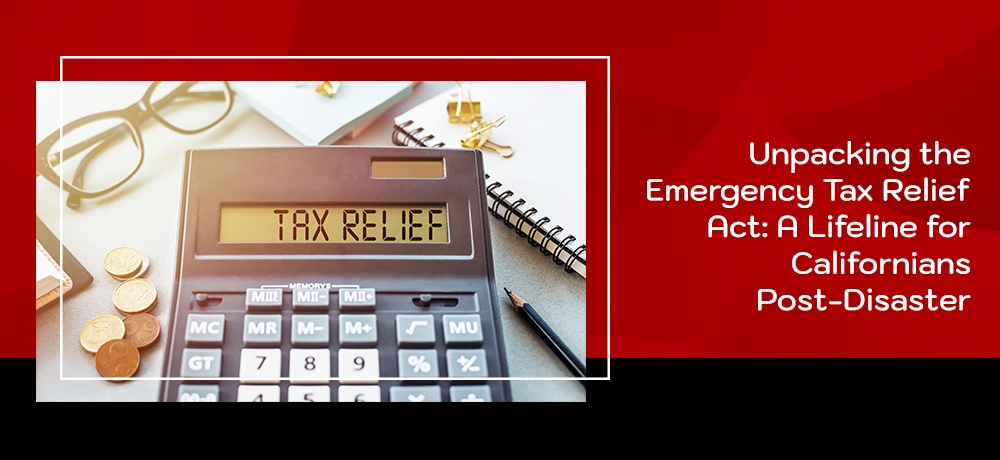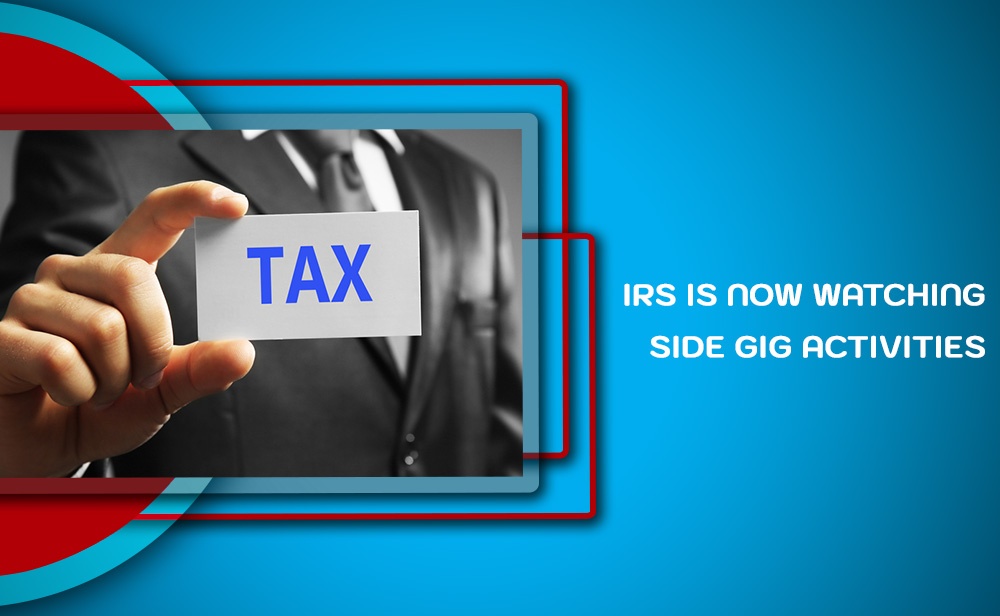Thriving in high-density urban areas such as Long Beach and San Diego presents unique financial hurdles for businesses. The bustling city life, while offering ample opportunities, also comes with a complex array of economic challenges that can impact your business's bottom line. At Logica Accounting Services, we delve deep into these challenges, offering insights and solutions that help your business not only survive but thrive in these vibrant markets.

-
Understanding the Financial Challenges for Businesses in High-Density Cities like Long Beach and San Diego

CLICK HERE TO READ THE FULL ARTICLE »
-
How Professional Accounting Services Can Help You Maximize Your Tax Returns

Imagine turning your annual tax submission into an opportunity for unexpected savings and financial growth. At Logica Accounting Services, we don’t just fill out forms; we explore every corner of tax law to find hidden financial opportunities for our clients. Situated in Long Beach and serving a wide array of areas in California, our team of seasoned accountants specializes in dissecting complex tax codes to maximize your returns. With a strategic approach tailored to your unique financial landscape, we ensure that every deduction and credit you are entitled to is fully leveraged. Let us transform your tax experience from a chore into a rewarding financial milestone.
CLICK HERE TO READ THE FULL ARTICLE »
-
Payroll Processing: Best Practices to Ensure Accuracy and Compliance

Managing payroll is a crucial aspect of running a business, ensuring that employees are paid accurately and on time while also maintaining compliance with regulations. As a business owner, understanding the best practices for payroll processing is essential. In this blog, we'll delve into key strategies to guarantee accuracy and compliance in your payroll procedures.
CLICK HERE TO READ THE FULL ARTICLE »
-
Tax Season Checklist: What You Need to Prepare for Your Tax Appointment

Tax season can be a stressful time for business owners, but proper preparation can make the process smoother and more efficient. In this blog, we'll provide a comprehensive tax season checklist to ensure you have everything in order for your upcoming tax appointment.
CLICK HERE TO READ THE FULL ARTICLE »
-
Navigating IRA Contributions for Tax Minimization: Key Reminders for Californians

As Californians rise from the aftermath of the floods, a silver lining emerges in the form of extended Individual Retirement Account (IRA) contribution deadlines. This unique opportunity not only allows Californians to bolster their retirement savings but also serves as an excellent strategy for tax minimization. At Logica Accounting Services, we are here to guide you through these adjustments and help you maximize your financial well-being.
CLICK HERE TO READ THE FULL ARTICLE »
-
Unpacking the Emergency Tax Relief Act: A Lifeline for Californians Post-Disaster

In the wake of the devastating winter storms and subsequent floods that hit California earlier this year, the Federal and State governments have stepped in to provide some much-needed respite to the affected residents. The introduction of the Emergency Tax Relief Act extends the tax filing deadline, offering Californians additional time to organize their finances amid the recovery period. Logica Accounting Services has pieced together a guide to help you understand the nuances of this Act and its implications for you or your business.
CLICK HERE TO READ THE FULL ARTICLE »
-
The Benefits Of Outsourcing Your Accounting Services For Your Small Business

As a small business owner, you have a never-ending to-do list. From managing your employees to meeting with clients, your day is jam-packed with tasks that require your attention. But there’s one crucial aspect of running a business that you shouldn’t neglect: accounting. As much as you might want to handle everything yourself, outsourcing your accounting services can be a game-changer for your business. So to explain the benefits of outsourcing your accounting services for your small business in detail, Logica Accounting Services has prepared a list of five points.
CLICK HERE TO READ THE FULL ARTICLE »
-
Earn a 3% Revenue Share for Referring New Clients to Logica Accounting Services.

Do you want to spend countless hours on accounting, tax preparation, bookkeeping, and payroll? Look no further than Logica Accounting Services. Our team of Tax Consultants/Specialists, Tax CPAs, and Public Accountants can help you keep your money and lower your tax bills using legal methods and strategies.
CLICK HERE TO READ THE FULL ARTICLE »
-
Business travel expenses: what counts and what don't: TAX Deductible VS Non-Deductible Items

As a freelancer, small business owner, or independent contractor, you may have a tendency to travel long distances for meetings or other business-related trips. Luckily for you, many business trips are easily tax deductible, though there are rules and regulations involved, of course. The IRS states that, for a trip to be travel expense deductible, it must be business related, common in your industry, and at least 100 miles away from the city in which you usually file your taxes. With that noted, there’s also rules on what could be considered a business expense under these circumstances.
As experts in the field, we at Logica Accounting Services want to help you understand what can and what can’t be deducted as business travel expense.
As for expenses you can write off, there’s no shortage of things to mention. The rule of thumb to go by is, if it’s necessary for you to get your job done, it probably counts as a business expense. Big or small, there’s a lot of bills that come with the territory for traveling for work. Here’s a few to keep in mind:
CLICK HERE TO READ THE FULL ARTICLE »
-
The Truth About The Market Sell-Off Effect On Your Taxes

Whether it is panic selling, hiding out in cash, or trading frantically during volatile markets, investors tend to make several mistakes that can hurt them long-term.
CLICK HERE TO READ THE FULL ARTICLE »
-
IRS interest rates increase for the third quarter of 2022
Original Article Source Credits: IRS , https://www.irs.gov/
Article Written By: NA
Original Article Posted on: May 20, 2022
Link to Original Article: https://www.irs.gov/newsroom/irs-interest-rates-increase-for-the-third-quarter-of-2022
CLICK HERE TO READ THE FULL ARTICLE »
-
Breakdown of Taxable vs. Non-Taxable Income
Original Article Source Credits: The Balance , https://www.thebalance.com/
Article Written By: Beverly Bird
Original Article Posted on: March 14, 2022
Link to Original Article: https://www.thebalance.com/taxable-vs-nontaxable-income-4178841
CLICK HERE TO READ THE FULL ARTICLE »
-
Interest rates increase for the second quarter of 2022
Original Article Source Credits: IRS, https://www.irs.gov
Article Written By: NA
Original Article Posted on: February 23, 2022
Link to Original Article: https://www.irs.gov/newsroom/interest-rates-increase-for-the-second-quarter-of-2022
CLICK HERE TO READ THE FULL ARTICLE »
-
IRS Is Now Watching Side Gig Activities

Starting in 2022, the IRS will track people’s side hustle activities on transactions totaling $600 or more and/or 200 transactions. In prior years the reporting threshold was $20,000 and 200 transactions. It’s a significant threshold reduction that will affect many small business owners.
CLICK HERE TO READ THE FULL ARTICLE »
-
IRS reminds taxpayers their Social Security benefits may be taxable
Original Article Source Credits: IRS, https://www.irs.gov
Article Written By: NA
Original Article Posted on: February 9, 2022
Link to Original Article: https://www.irs.gov/newsroom/irs-reminds-taxpayers-their-social-security-benefits-may-be-taxable
CLICK HERE TO READ THE FULL ARTICLE »
-
Questions answered as child tax credit payments come to end
Original Article Source Credits: News Nation , https://www.newsnationnow.com/
Article Written By: Katie Smith
Original Article Posted on: JAN 14, 2022
Link to Original Article: https://www.newsnationnow.com/us-news/will-you-still-receive-a-child-tax-credit-payment/
CLICK HERE TO READ THE FULL ARTICLE »
-
COVID-19, What’s Next?

With the number of changes taking place through the pandemic, especially when it comes to accounting, many people and companies needed assistance with their accounts. Companies were changing their processes and handling virtual meetings, while remote working was becoming the norm.
CLICK HERE TO READ THE FULL ARTICLE »
-
Announcing The New Website

We are delighted to announce the launch of our new website!
CLICK HERE TO READ THE FULL ARTICLE »
-
New Website Under Construction

New Website Coming Soon!
CLICK HERE TO READ THE FULL ARTICLE »













